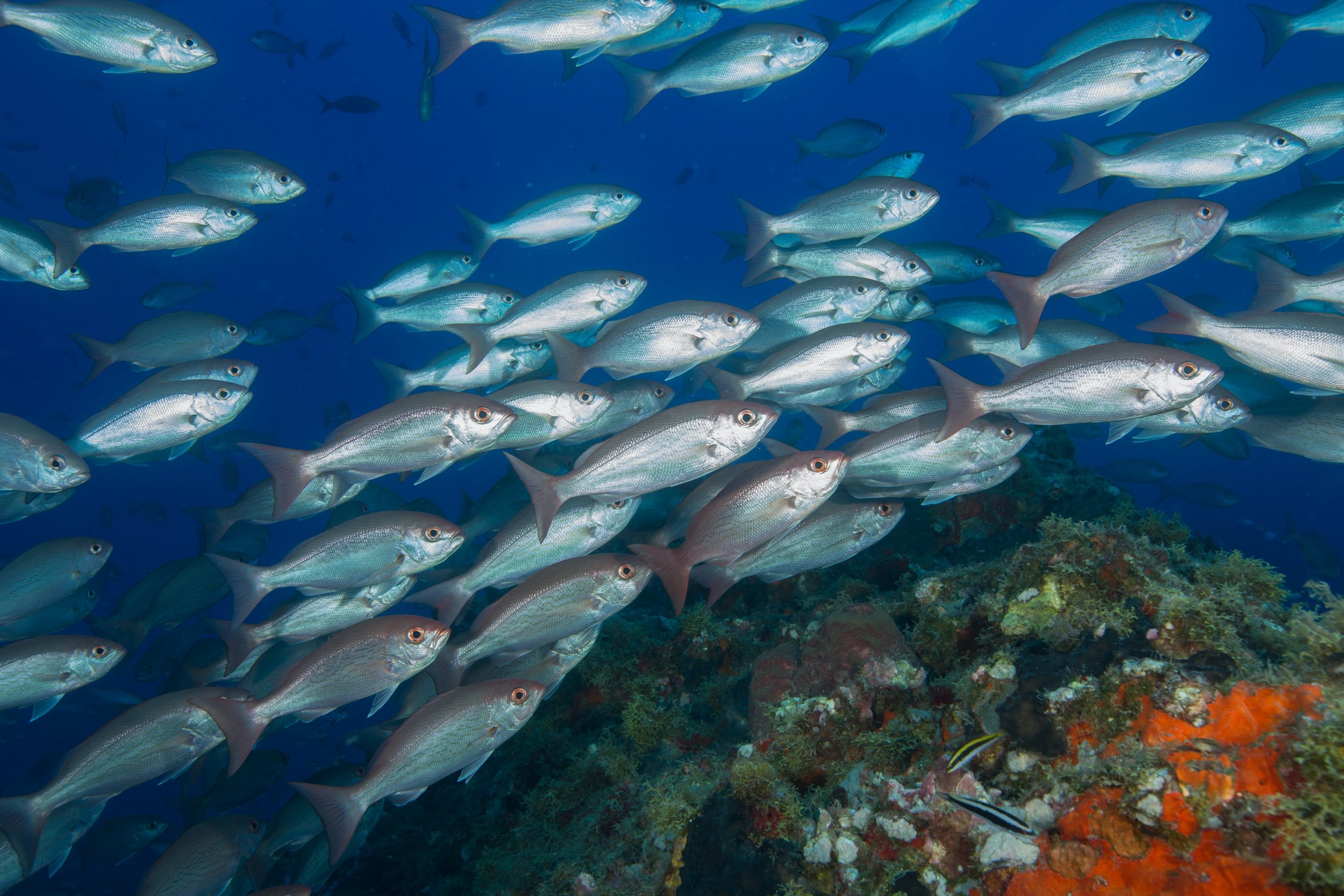
News and submissions
Living up to our international fisheries obligations: our submission to FNZ
With an EEZ that occupies a relatively generous share of the world’s oceans, New Zealand lags behind other countries in its adoption of international standards and norms. This consultation provides the perfect opportunity for New Zealand to do a stock take against international developments in fishing over the past 25 years, redress the current inadequacies in the Fisheries Act (we have suggested two), and fully implement the international obligations we have signed up to on the world stage.
Our submission on the EPA’s reassessment of organophosphates (OPs)
These OPs are the main components of widely used insecticides, pesticides and herbicides in NZ. They have been banned in numerous jurisdictions including the EU and US, due to evidence of significant adverse environments on people and the environment. However, there is an almost complete lack of evidence on the effects of these OPs on NZ’s environment, indigenous taxa and habitats. There is also a lack of evidence on the benefits and economic costs of continuing/discontinuing their use. In ELI’s view, this evidence is crucial to undertaking an informed reassessment. Without it, the EPA should follow the HSNO Act and apply a precautionary approach to its regulation of these hazardous substances.
Managing our Wetlands - Our Submission to MfE
Wetlands are one of New Zealand’s most ecologically valuable, and highly threatened, ecosystems. Since European settlement, more than 90% of our wetlands have been lost to urban or agricultural development. Protecting the few wetlands that we have left is of paramount importance for Aotearoa’s climate resilience, biodiversity, human health and community wellbeing. Read our submission to MfE on their recent proposals to shift wetland regulations, making it easier for industries to destroy wetlands.
Our submission on the HSNO (Hazardous Substances Assessments) Amendment Bill
New Zealand lags behind other OECD nations in its regulation of hazardous substances. Many chemicals banned overseas continue to be used daily in NZ. ELI therefore supports the aim and purpose of the HSNO Amendment Bill. Any improvements to the hazardous substances regulatory regime are to be welcomed.
Our submission on the Freshwater Farm Plan Regulations
ELI has lodged a submission on the Freshwater farm plan regulations proposals. Our key concern is that the Government’s proposed Freshwater Farm Planning system is putting the cart before the horse, and in doing so risks the integrity of both our immediate and longer term limits set to protect and restore our freshwater.
Glyphosate use in NZ
Read our submission on the EPA's call for information on Glyphosate use in NZ - the active ingredient in approximately 90 herbicidal products.
Establishing a Māori Advisory Panel
ELI is seeking to establish a Māori Advisory Panel that runs alongside our existing Advisory Panel. Such a panel will support and challenge ELI staff in their kaupapa throughout their various work streams.
Summer research scholarships 2021/2022
In partnership with Victoria University of Wellington - ELI is funding three research scholarships for law students, all exploring topics concerning environmental law. Applications close on the 20th of September, 2021.
If we are serious about ‘environmental limits’ then they need to be limiting
Why the NBEB must be redrafted to ensure a pivotal role for independent science.
Following the Aichi failures, how will the world meet its biodiversity targets?
Biodiversity underpins the wellbeing of all life on Earth. Following the failed Aichi targets of 2010, how can we ensure that the targets set out in the Post-2020 Global Biodiversity Framework are stronger and more effective?
Enabling decision-makers to ‘give effect’ to Te Tiriti
One of the key objectives of the Resource Management Act’s reform is “to give proper recognition to the principles of Te Tiriti o Waitangi and provide greater recognition of te ao Māori including mātauranga Māori”. However, if Councillors and decision-makers lack the education and understanding to sufficiently “give effect” to Te Tiriti, it seems unlikely the Bill will achieve its purpose in this pursuit.
Read our submission to Fisheries NZ on sustainability measures for October 2021
ELI recently submitted on some proposals by Fisheries New Zealand wanting to increase the catches of southern bluefin tuna and west coast north island snapper. Find out why ELI believes maintaining the current TAC makes the most sense ecologically, economically, and culturally.
Read our submission on the Natural and Built Environments Bill
The government has released the first exposure draft of the Natural and Built Environments Bill (NBEB). The draft provides an early look into key aspects of the proposed Act, which is one of three new pieces of legislation set to replace the controversial Resource Management Act of 1991. ELI investigates whether the Bill will deliver where the RMA could not.
Climate change is everybody’s business
Biodiverse ecosystems are, quite literally, lifesaving. Here's why we cannot separate ourselves, nor our financial markets, from this fragile equation.
Recognising and managing the climate impacts of wetland drainage
The role of our wetlands in climate change mitigation & response.
Understanding Wetland Loss in NZ
Read a study exploring the key reasons for ongoing wetland loss in NZ.
















